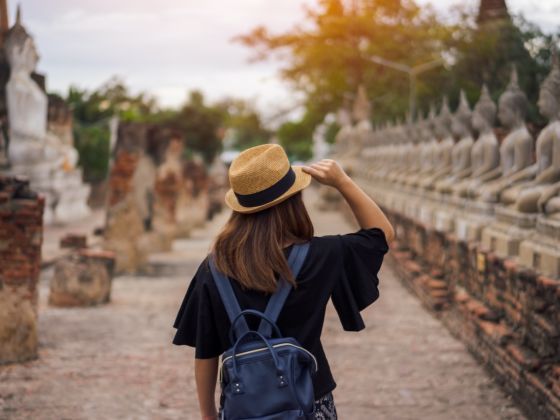I am a teacher for a small school outside of Bangkok. I live in the close-knit community that surrounds the school.
One of the most salient things I have noticed here is that within this society there is a reigning thought that women are vessels of sexuality. Any prompt to the male species, even one as diminutive as a “hello” or a wave of the hand, is seen as eliciting their latent sexual desires.
